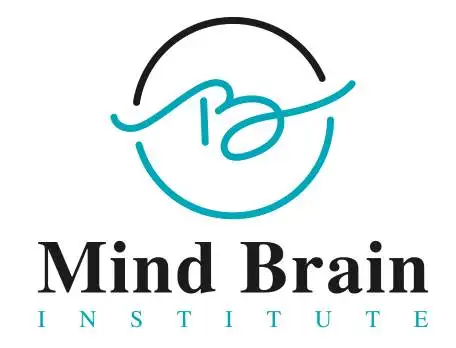- Posted By Dr. Anuranjan Bist
- Comments 0
Everyone feels sad, irritable, and exhausted at times. However, feeling sad is a general response to certain life challenges, such as loss or changes in life events. But sometimes such feelings may stick around if not addressed properly. Due to this, sometimes these feelings persist for some time if left unaddressed. This makes it hard for you to get through the day.
If the feeling persists for a long time, you may be suffering from depression. Once you are diagnosed with depression, you need to see a professional Depression Doctor in Delhi to help you feel better. Here are some general methods your depression doctor may recommend to help you treat this mental condition:
1. Exercise Regularly
Exercise offers several health benefits, including the alleviation of depression and anxiety. Physical activity often helps in attaining a sense of purpose while making you feel happier and less stressed. It is vital to do moderate exercises each day to control your mood, physical health, and sleep pattern.
Whether it is to prevent depressive thoughts, enhance resiliency against certain factors that may cause depressive episodes, feel better after the release of endorphins or help sufferers find a balance in life, regular exercises provide many health benefits for people with depression.
2. Get Ample Sleep
Although sleep is vital for maintaining one’s physical and mental wellness, many people don’t get enough sleep. But when you are constantly exhausted, your normal body functions will also slow down while conserving themselves for recovering from daily events. The overall mood also suffers from exhaustion. That’s why most people who struggle with depression often turn to toxic substances, such as drugs and alcohol.
However, humans cannot work appropriately without taking proper rest. Our brains require proper time to recover and receive information from around us. Sleep helps the brain to function well because it often releases neurotransmitters while sleeping. These neurotransmitters help us feel happier and more relaxed.
3. Create a Journal of Your Feelings
Keeping a journal is a good way to help you vent up emotions. Meanwhile, it helps in getting more insights into your feelings without wondering what others think. With a journal, one may also learn many things in life. For instance, it helps people to process their thoughts and emotions while offering a creative outlet, giving insight into things in life, and keeping track of memories.
It is a way to self-monitor yourself while helping you analyze and understand various causes of depression. To begin with, you need to write down the things that make you sad like grief or a sense of loss over any loved one. As you continue through the day, keep on writing about things that often bother you. Ultimately, when you start feeling better, you can come back to the feelings and thoughts that pumped up depression at first.
4. Meditation
Meditation is the best practice for thousands of years. In today’s fast-forward world, it’s a good treatment for mental health issues, such as anxiety, stress, depression, and insomnia. The best part is that mediation does not need specific equipment or setup. So, you can do it anywhere, anytime.
5. Eat Well
A balanced diet has high-fiber foods like fruits, vegetables, and whole grains with protein-containing foods like poultry and beans. It has been found that the depression rate among people with more consumption of fruits and vegetables is significantly low.
Conclusion
Depression is a challenging experience to face, as the mental disorder makes it hard to cope with feelings and general life situations. Therefore, make sure to consult a doctor for apt Depression Treatment in Delhi while following the given tips to get your life on track.
Also, Read this: How Many TMS Treatments Do You Require to Treat Depression?
